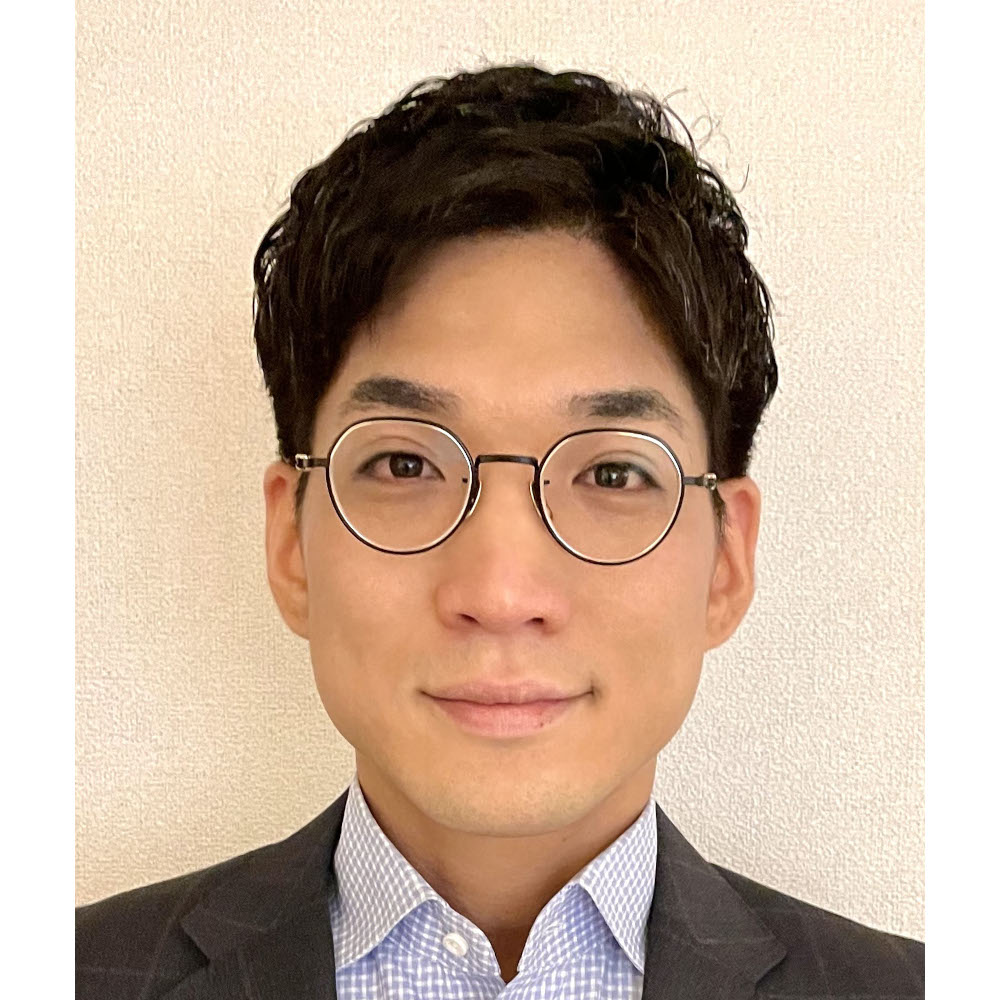
Tsutomu Sawai
Associate Investigator
- Position
- Associate Professor, Graduate School of Humanities and Social Sciences, Hiroshima University
- Research Field
- Philosophy and Ethics, Bioethics
Research Overview
Ethical, Legal, and Social Issues (ELSI) Emerging from Advanced Science, Medicine, and Engineering Fields
I, belonging to a world-class institute of natural sciences, am promoting international and interdisciplinary collaborations on the intersection of science and bioethics/philosophy. My current research interests lie primarily in issues concerning new and emerging technologies in practical ethics, particularly topics pertaining to synthetic embryology, in vitro gametogenesis and organogenesis, human-animal chimera research, and genome/epigenome editing as well as in methodology called “empirical bioethics” which integrates the “theory” and “practice” as such in drawing a normative conclusion for real-world bioethical issues. For the former, I am conducting a meta-analysis of various ethical debates, and analytical philosophical reflections on these topics. For the latter, I am constructing a novel methodology of empirical bioethics in bioethics research, and applying this methodology to address a pressing issue in practical ethics field in order to generate normative recommendations that are grounded in research practice. My overall objective is to provide ethical frameworks for research and clinical applications. Considering the urgency of recent bioethical issues that are arising on a global scale, my attempt will be significant in advancing the field of bioethics in Japan and internationally, whilst also contributing to solving actual social and ethical problems that are arising in the development of biomedical research.
Biography
Tsutomu Sawai is an Associate Professor at the Graduate School of Humanities and Social Sciences at Hiroshima University. He leads the ELSI Unit at the University's Center for Collaborative Science and is also a Faculty member of the Frontier Development Program for Genome Editing. Beyond his commitments at Hiroshima, Sawai is an Associate Investigator at the Institute for Advanced Study of Human Biology (WPI-ASHBi) at Kyoto University. His international standing is further evidenced by his position as a Visiting Associate Professor at the Centre for Biomedical Ethics at the Yong Loo Lin School of Medicine, National University of Singapore.
Publications
Original articles *corresponding author
Sasaki-Honda, M.*, Akatsuka, K., and Sawai, T.* 2023. Is Epigenome Editing Non-inheritable? Implications for Ethics and the Regulation of Human Applications. Stem Cell Reports.
Kataoka, M., Gyngell, C., Savulescu, J. Sawai, T.* 2023. The Ethics of Human Brain Organoid Transplantation in Animals. Neuroethics 16(3): 27.
Kataoka, M., Ota, K., Savulescu, J. Sawai, T.* 2023. “Are human brain organoids cloned human individuals? An ethical analysis.” Molecular Psychology(The Ethics of Brain Organoids) .
Kataoka, M., Lee, T-L., Sawai, T.* 2023. “The legal personhood of human brain organoids.” Journal of Law and the Biosciences 10(1), January-June 2023, lsad007, DOI: 10.1093/jlb/lsad007.
Kataoka, M., Gyngell, C., Savulescu, J. Sawai, T.* 2023. “The importance of accurate representation toward the public engagement in human brain organoid research” Trends in Biotechnology 23, S0167-7799, DOI:10.1016/j.tibtech.2023.02.010.
Books
Sawai, T. 2021. To What Extent Can We Manipulate Life: Lecture on Applied Ethics [in Japanese]. Tokyo: Keio University Press.
Sawai, T. 2017. Ethics of Human Induced Pluripotent Stem Cell Research [in Japanese]. Kyoto: Kyoto University Press.
Awards
• The 16th Japanese Association for Philosophical and Ethical Researches in Medicine Award (2022)
• The Second CiRA Encouragement Award (2020)
• CiRA Retreat 2016 Outstanding Poster Award(2016)
Joined
Apr. 1, 2022
